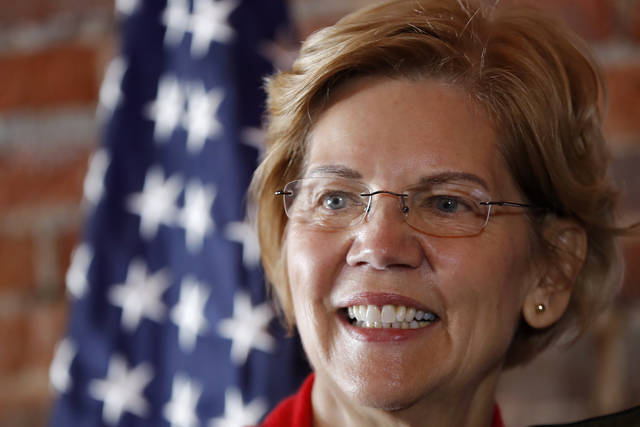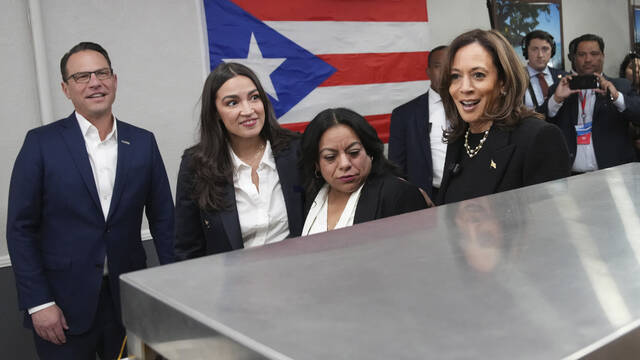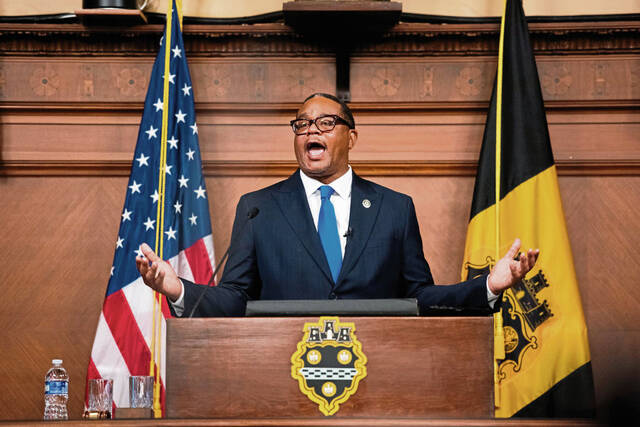Sen. Elizabeth Warren and other Democratic candidates for the presidency in 2020 are calling to eliminate the Electoral College in favor of a national popular vote.
Yes, affording every state an additional vote in the Electoral College for each U.S. senator does somewhat skew influence in presidential elections more to the benefit of states with smaller populations. And yes, we have indeed had two instances, in just this century, in which the winner of the popular vote lost the Electoral College vote and, consequently, did not become president. Nonetheless, this is the wrong solution to the wrong problem.
First, the Electoral College votes afforded to states do largely reflect the populations of each state. In addition, it does help to ensure that presidential candidates do not entirely ignore smaller states in favor of the most populous states. Moving to a national popular vote would have exactly that effect.
Second, the Electoral College is already somewhat inconsequential in that presidential candidates from both major parties already ignore a great number of states, either taking their votes for granted or writing them off to the other side. In each and every presidential election cycle, the same dozen or so swing states are the focus of both parties.
One alternative to eliminating the Electoral College in favor of a national public vote that has been advanced is creating a compact among states in which each state would award all of its Electoral College votes to the winner of the national popular vote regardless of which candidate prevailed in any particular state. This, too, is a nonstarter in that it would give candidates great incentive to concentrate on those states participating in the compact, particularly if they had large populations.
So, perhaps the real problem is not actually the Electoral College itself, but the winner-take-all manner in which the vast majority of states award these votes. Election of a president was never envisioned as a national election. Indeed, it is really 50 separate state elections. Each state administers these elections within its own borders and is charged with awarding its Electoral College votes in whatever manner it sees fit.
That said, perhaps current candidates seeking reform would be wiser to advocate for states to begin awarding Electoral College votes in proportion to the percentage of the popular votes that each candidate receives within their respective borders. Aside from actually addressing the call to “make every vote count,” this solution would avoid the onerous path of attempting to undo an amendment to the Constitution, a task not to be undertaken capriciously and that would be fraught with considerable peril and face tremendous odds.
It would also create conditions in which both parties would suddenly have an interest in contesting for pockets of support in states that had previously been taken for granted or abandoned to the opposition. Democrats wouldn’t assume that they would receive every Electoral College vote from California, New York and Illinois, and Republicans would campaign there for their share of the Electoral College votes. Equally, Republicans wouldn’t be ensured of every Electoral College vote coming out of the states in the Old Confederacy, and Democrats wouldn’t write off these states entirely.
But, perhaps most important, this solution would prevent candidates, and potential presidents, from expending precious political capital on a futile political gesture and allow them to concentrate, instead, on an agenda of real and vital national importance, including issues such as health care, education, infrastructure, tax reform, income inequality, immigration, gun violence, climate change and energy.








